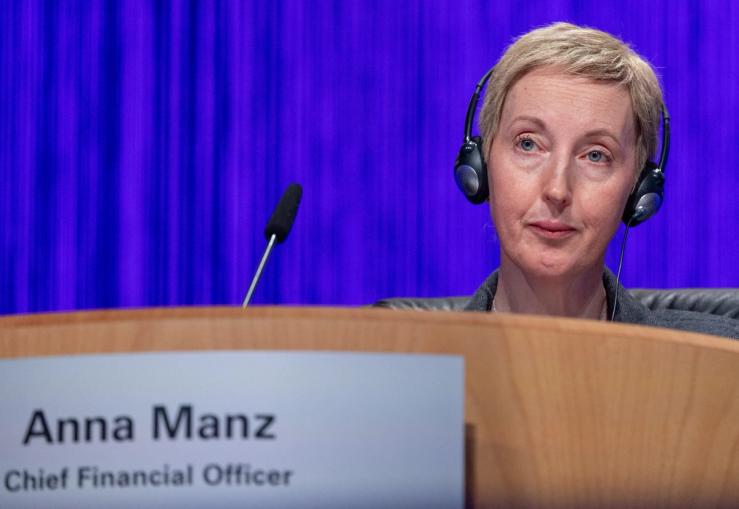The News
The heat on Nestlé is shifting from its CEO, who was fired this week for having an undisclosed affair with a subordinate, to its board, whose initial, apparently cursory, investigation failed to uncover evidence that a later probe uncovered.
Nestlé’s CFO said Wednesday at an industry conference that the board looked into an initial tip submitted through an internal hotline in May, but that CEO Laurent Freixe denied the rumor and “no evidence was found.” Additional complaints sparked a second investigation — this one led by an outside law firm — that ended with Freixe’s firing on Monday.
“The board initiated a second broader external investigation, and it was that, that triggered information that led to the Board believing that there have been a breach of conduct and that they needed to act to change CEO,” CFO Anna Manz said Wednesday.
Some investors are taking out their frustrations on Paul Bulcke, Nestlé’s former CEO-turned-board chair who had a big hand in selecting Freixe for the top job last year. “He didn’t want to admit that he had made the wrong man CEO,” writes the snarky Swiss blog, Inside Paradeplatz, which published the first story about Freixe’s extracurriculars in July. “I blame the board and a lot of investors feel the same,” one shareholder told the Financial Times.
Nestlé underperformed under predecessor Mark Schneider, who diversified beyond the company’s traditional bailiwick of coffee, food, and pet products to the frustration of shareholders. Freixe took the top job and promised to refocus on core businesses, while ruling out major M&A that peer companies have pursued.
In this article:
Know More
At least 14 CEOs have been fired for apparently consensual affairs since 2016, according to Challenger Gray & Christmas data, often coinciding with either operational missteps or misuse of corporate assets. When BP’s Bernard Looney was ousted in 2023 for not disclosing previous relationships with coworkers, the company was already dealing with a lurching stock price and investor unrest over Looney’s pivot away from fossil fuels. HP CEO Mark Hurd resigned in 2010 after he had an affair with a marketing contractor for the company, and an investigation found he falsified expense reports and other financial documents to conceal the relationship.
“I’d be pleasantly surprised if I thought corporate boards took workplace romance policies serious enough to fire a CEO, but I tend to assume that in some cases, there are other reasons,” Ann Lipton, a corporate-governance expert at the University of Colorado and host of the Shareholder Primacy podcast, told Semafor.
Rohan’s view
Boards have two jobs: finding and keeping the right CEO and keeping shareholders happy. It would be unsurprising, then, if Bulcke and Nestlé’s directors took a light-touch approach to their first look into Freixe. He was less than a year into a needed turnaround effort and by the time the first complaint arrived in May, Nestlé’s stock price had risen 30% from its lows last winter.
The alternative — having three CEOs in as many years — likely could have sparked deeper investor panic over succession planning and the company’s turnaround efforts, which Freixe had championed. But the board’s failure to probe more deeply transforms an understandable impulse into a sin of commission.
Room for Disagreement
Nestlé’s problems — including a water business that has troubled it for years and is under investigation in France, and a struggling US foods business — run deeper than an underperforming stock. The company’s board shouldn’t have been fooled by price recovery earlier this year, as former Nestlé consultant Klaus Stöhlker noted Thursday in Inside Paradeplatz. The best solution? Break up the company, Stöhlker wrote.
Notable
- The crisis at Nestlé offers a further lesson to boards: there is value in having an understudy ready to step in, the FT notes.


